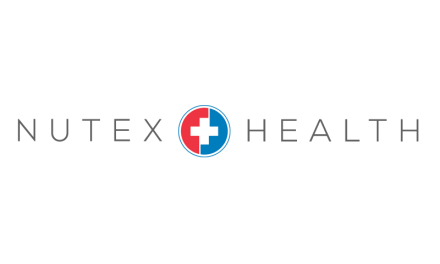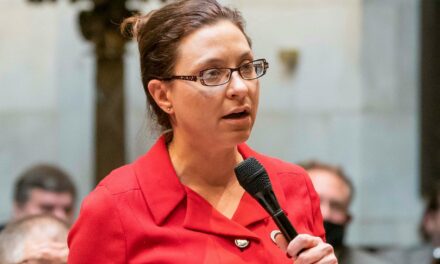
Wisconsin rural hospitals support essential healthcare infrastructure statewide
New WHA/WisEye video highlights Wisconsin’s rural health care delivery system
Mary Kay Grasmick, 608-274-1820, 575-7516
MADISON (July 8, 2016) —– Access to high-quality health care close to home is one of the assets Wisconsin employers value and patients across the state appreciate. In fact, a recent study by financial firm, Smart Assets, found Wisconsin is the sixth best state for health care access. For employers, that means employees can schedule routine medical appointments locally and reduce the amount of time they are off work.
“Wisconsin is known as a state with high quality health care, delivered by hospitals and health care systems that are the third most efficient in the country,” according to WHA President/CEO Eric Borgerding.
“Quality. Access. Innovation. These are the hallmarks of Wisconsin’s health care delivery system,” Borgerding said. “To achieve and sustain that high level of clinical excellence requires a strong network of dedicated and highly skilled health care professionals and organizations dedicated to delivering a high standard of care to their patients statewide. And while we are doing very well on all accounts, we know we can always be better.”
At the Wisconsin Rural Health Conference held in late June, health care leaders across the state gathered to learn how to navigate the changing reimbursement, and increasingly, the consumer-driven health care environment. During the conference, the Wisconsin Hospital Association (WHA), in partnership withWisconsinEye, premiered a new video that highlights the attributes of Wisconsin’s rural health care system.
“We know delivering quality health care is important to our local employers and to the people of the communities that we serve,” according to Michael Sanders, president/CEO, Monroe Clinic. “We also know in health care, bigger is not better–better is better.”
Four rural Wisconsin hospitals were among the “Top 20 Critical Access Hospitals” recognized by the National Rural Health Association. A Critical Access Hospital is a small hospital that provides vital services in a community, which includes maintaining an emergency department. Small, rural hospitals in Wisconsin provide essential infrastructure to the community that is an economic development asset.
“We create employment in our community, but beyond that, our employees and their children are involved in the community,” said David Hartberg, CEO, Gundersen Boscobel Area Hospital. “Hospitals create economic vitality.”
The benefits of having a hospital in the community cannot be overstated, according to Tim Jacobson, economic development director, Boscobel.
“Having that close access to health care is tremendously important to people whether you are an employer trying to attract talent to your business and you want your employees to receive medical services in the community, or if it’s a local family,” Jacobson said.
“Strong businesses, strong schools, strong health care equals a strong community and that benefits us all,” said Kyle Bakkum, CEO, Vernon Memorial Healthcare, Viroqua.
Charisse Oland, CEO, Rusk County Memorial Hospital in Ladysmith, attributes the close relationship between the rural hospital and the community to the quality and dedication of the people who choose to work in a rural health care setting.
“There are many unique and special qualities about Wisconsin rural communities, and primarily it is the workforce we have in our hospital that makes the difference,” Oland said. “We want to create the type of place where employers want to locate and employees want to live, work and raise their families.”
The relationship between those who work in a rural hospital with the people who live in the community is often close and can be traced back several generations.
“I’ve been in my role three years, and if you go way back, I was born in this hospital,” Bakkum said. “So I take it personally because the people we are taking care of now, they took care of me growing up. So I really do take this personally.”
Watch the video at: www.wha.org/Data/Sites/1/education/2016RuralHealthCareVideo.mp4





